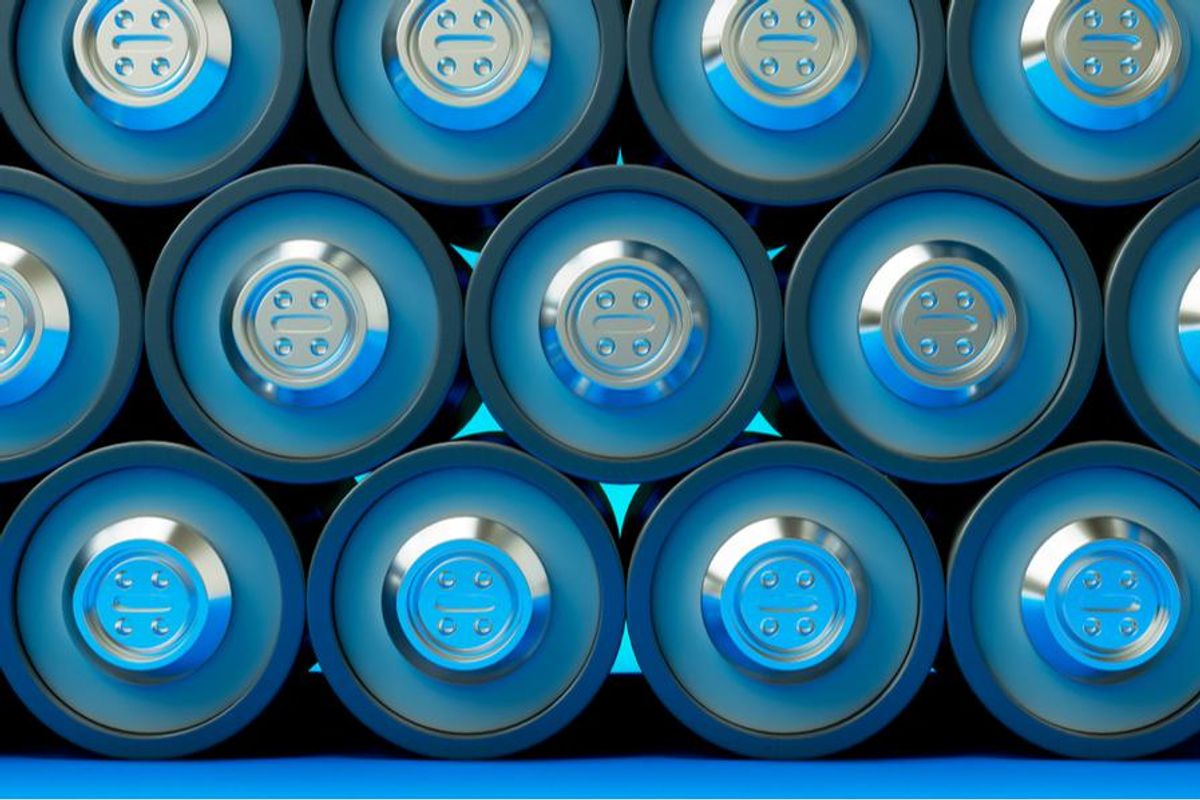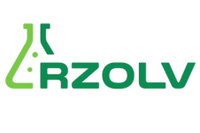Woodmac: Global Lithium-ion Battery Capacity to Increase Five Times by 2030
Expansion plans from major battery manufacturers could increase lithium-ion battery capacity fivefold in just under 10 years.

Demand for battery energy storage is expected to increase significantly in the coming decades, as the world moves away from fossil fuels to greener sources of power.
To meet this growing need, battery manufacturers are looking for ways to increase their capacity. Wood Mackenzie believes global lithium-ion battery capacity could rise fivefold to 5,500 gigawatt-hour (GWh) from 2021 to 2030.
“The electric vehicle (EV) market accounts for almost 80 percent of lithium-ion battery demand,” Wood Mackenzie consultant Jiayue Zheng said in a note. “High oil prices are supporting more markets to roll out zero-emission transportation policies, causing demand for lithium-ion batteries to skyrocket and exceed 3,000 GWh by 2030.”
The Asia Pacific region, led by China, accounted for 90 percent of the world’s battery manufacturing in 2021. However, by the end of the decade, Wood Mackenzie expects the region to reduce its share to 69 percent.
“While North America’s cell capacity could expand 10-fold by 2030, it still lags behind Europe which is on track to overtake North America in 2022 and will account for over 20 percent of global capacity by 2030 through more rapid expansion,” the research firm explains in the recently released report.
In 2021, the top 15 manufacturers by planned capacity put into operation a total of about 200 GWh, with the cumulative capacity reaching 600 GWh. Leading the pack was top Chinese battery maker CATL (SZSE:300750), which has a planned capacity of 800 GWh in total by 2030. All in all, Chinese manufacturers have announced plans to build more than 3,000 GWh of capacity to date.
On the demand side, the main driver has been EVs, with sales reaching a total of 4.2 million units in 2021, up by 108 percent compared to 2020 and by 198 percent compared to 2019, according to JATO. In 2022, the outlook for EVs is also looking bright, and analysts expect another stellar year for sales.
“The lithium-ion battery market already encountered shortages last year due to thriving EV market demand and rising raw material prices,” Wood Mackenzie's Zheng said. “Under our base case scenario, we project that battery supply will not meet demand until 2023.”
Don’t forget to follow us @INN_Technology for real-time updates!
Securities Disclosure: I, Priscila Barrera, currently hold no direct investment interest in any company mentioned in this article.
- Battery Megafactories Surge in Europe as Region Pushes Green ... ›
- Lithium Outlook 2022: Demand to Outpace Supply, Price Upside to ... ›




